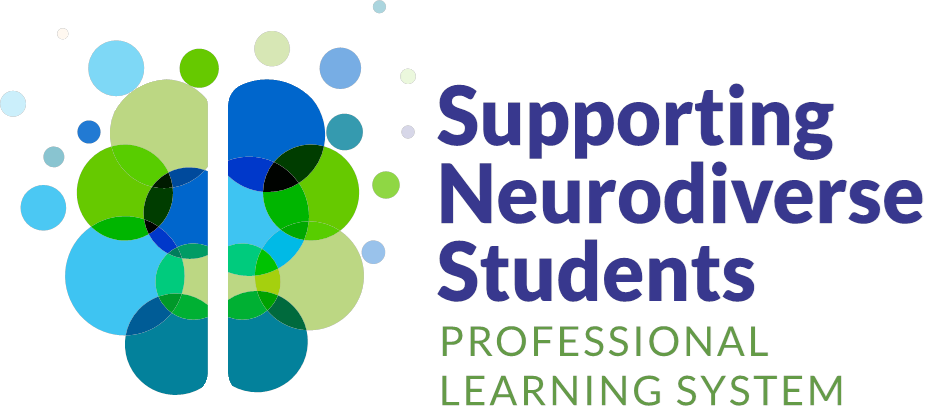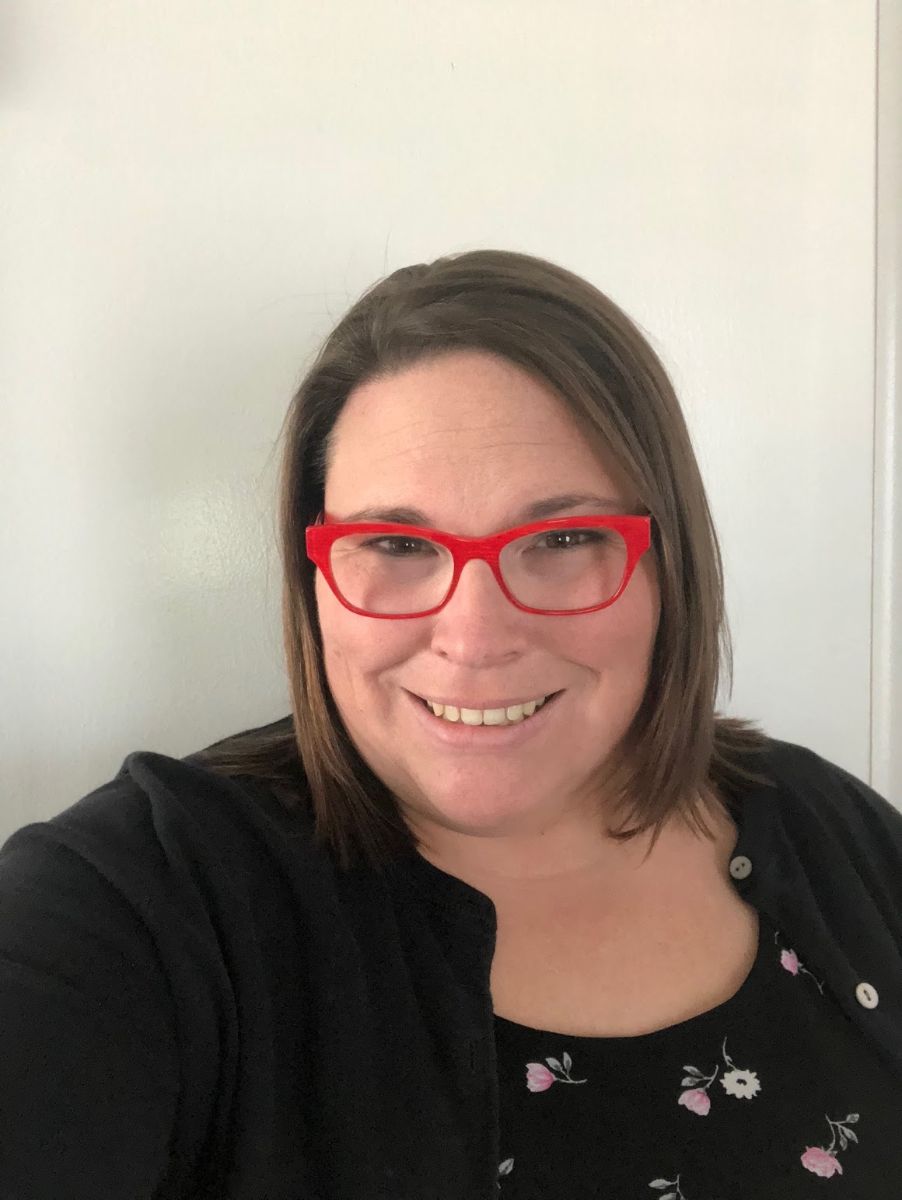Untangling: Supporting Students with Higher Impact Needs - Jan 7, 2026 (virtual)
Admission
- Free
Location
Description

Students who do not use verbal language as their main communication mode are often misunderstood. At times, their communication modes are ignored, misunderstood, or viewed as wrong or bad. Behavior that is challenging to us is only challenging until we know strategies to meet learners where they are. Come increase your understanding of how to show up for students who may have significant support needs.
Objectives:
- Participants will be introduced to social communication through the lens of communication modes and supporting those with significant needs.
- Participants will also be given strategies to enhance their current lessons, conversations, and learning tasks with ideas on how to practice communication exchanges.
- Attendees will leave the session with the tools to problem-solve challenging behavior output and communication difficulties.

About the Presenter: Katie Berg MA Ed., Supporting Neurodiverse Students Statewide Coordinator
Katie has been educating students for over 20 years. She has worked in the private sector, public education and now statewide through an IDEA Discretionary Grant. From her experiences providing one on one therapy, classroom teaching, district training and now statewide work, Katie has had opportunities to engage learners in a range of subjects related to students with neurodiverse needs. Many years were spent focused on working with students with autism and students experiencing mental health differences. Katie focuses on Social and Emotional Learning skills to support students and educators in problem-solving challenging behaviors.
The Supporting Neurodiverse Students Professional Learning Grant CFDA# 84.027A acknowledges the support of the Wisconsin Department of Public Instruction in the development of this material and for the continued support of this federally-funded grant project. There are no copyright restrictions on this document; however, please credit the Wisconsin DPI and support of federal funds when copying all or part of this material.
